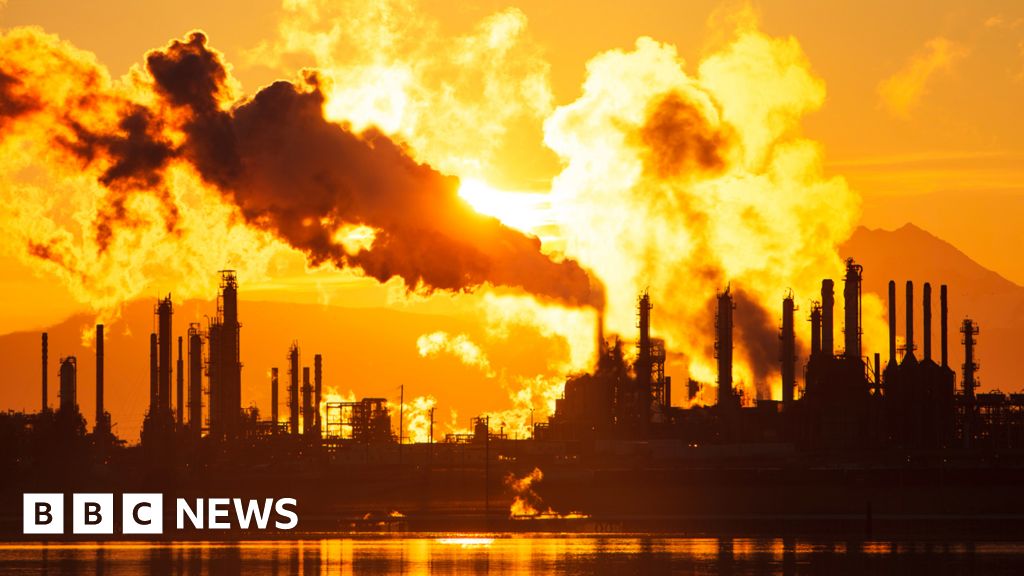
Former U.S. Vice President Al Gore has criticized Sultan al-Jaber, the president of the United Nations climate talks and the national oil company of the United Arab Emirates, for leading the talks while being associated with a major oil company. Gore accused al-Jaber's company, Abu Dhabi National Oil Co., of being one of the largest and dirtiest oil companies in the world. He also questioned the accuracy of emissions reporting by the oil and gas industry, including the self-reported emissions of al-Jaber's company. Gore presented data showing actual emissions from the transport of oil and gas, contradicting the company's claims of no emissions. He argued that al-Jaber's role as the head of an oil company creates a conflict of interest and undermines the ability to make intelligent decisions about the future of the planet. Gore also criticized the voluntary nature of the pledge made by 50 oil companies to capture methane emissions, pointing out that industry self-reporting tends to underestimate emissions. He emphasized the need to phase out oil and gas production to address the climate crisis. Despite his concerns, Gore expressed hope for progress in addressing climate change and mentioned his optimism about the 2025 climate talks in Brazil, which will be led by leftist president Luiz Inacio Lula da Silva.
Guyanese President Irfan Ali engaged in a combative interview with BBC reporter Stephen Sackur regarding climate change and carbon emissions. President Ali highlighted the 'hypocrisy' of the developed world in regard to fossil fuel usage of developing nations. Guyana, a small South American nation, experienced a seismic change in its economy after the discovery of oil deposits in 2015. The nation has seen significant economic growth and infrastructure development as a result. President Ali defended Guyana's right to extract fossil fuels by emphasizing the country's extensive forest cover and low deforestation rate. He criticized the developed world for not valuing Guyana's biodiversity and accused them of hypocrisy in lecturing developing nations on climate change. The interview has gone viral and received praise for President Ali's response.
Thirty years ago, a meeting took place between America's biggest industrial players and PR genius E Bruce Harrison, resulting in a strategy to spread doubt about climate change. The Global Climate Coalition (GCC), representing industries such as oil, coal, auto, utilities, steel, and rail, sought a communications partner to change the narrative on climate change. The strategy involved persuading the public that the scientific facts on climate change were not settled and that action on climate change would negatively affect American jobs, trade, and prices. The plan included an extensive media campaign, paying skeptics to give speeches and write op-eds, and highlighting the scientific uncertainty surrounding climate change. The strategy was successful, leading to the industry's victory in opposing emissions reductions at the Kyoto negotiations in 1997. The consequences of this PR plot are still evident today.